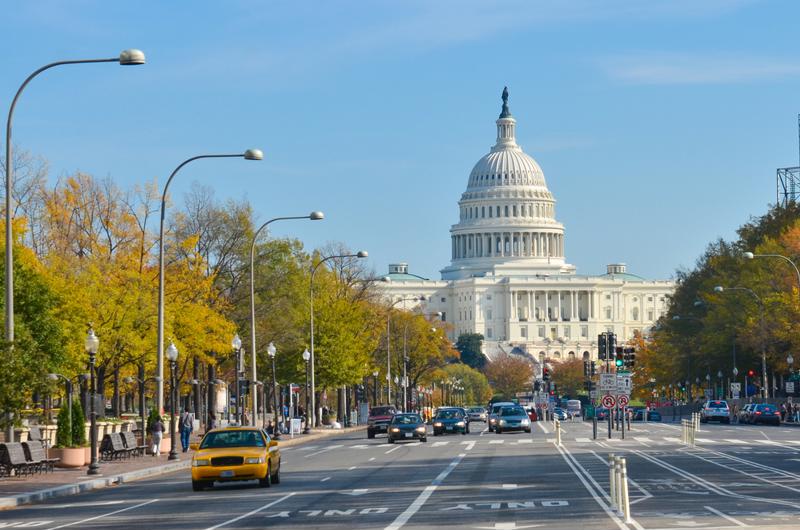As a result, they're calling on lawmakers and championing some of the current efforts aimed at resolving these issues so the economy doesn't suffer.
Among the ways legislators are taking matters into their own hands is by adjusting commercial driver's licensing regulations. In several states, residents cannot apply for a CDL until they reach the age of 21. Others enable 18-year-olds to get CDLs, but these young drivers aren't permitted to drive over state boundaries.
New York set to give those under 21 access to CDL
New York is on the cusp of changing its existing CDL law via a bill awaiting Governor Kathy Hochul's signature. Having passed both the House of Representatives as well as Senate, the legislation will enable 18- to 20-year-olds to apply for a CDL permit so they can become licensed to drive. Currently, they must wait until their 21st birthdays.
Trucking is a significant contributor to the Empire State's economic health and longevity. According to the Trucking Association of New York, around 292,850 residents are employed by the industry, or what amounts to 1 in 28 jobs. Furthermore, even though trucks represent just 6% of vehicles miles traveled there, the sector pays $1.3 billion in annual federal and state roadway taxes.
Originally introduced by State Senator Tim Kennedy and co-sponsored by Sens. Michelle Minchey and Jessica Ramos, the bill's implementation can't come soon enough for retailers, several of which have made orders to their suppliers in advance of November and December. Many suspect that the supply chain issues will become that much more apparent when more people are buying and shelves aren't as restocked as quickly given the bottlenecks.

Supply chain resolution first order of business for port envoy
The White House is also using what levers of influence it can deploy toward improving the supply chain. In August, President Joe Biden appointed John Porcari as port envoy to the United States. Porcari's primary mission will be to smooth out the supply chain challenges that are affecting ports, motor carriers and retailers.
The National Retail Federation lauded the appointment in a press release from David French, who serves as NRF's senior vice president of government relations.
"NRF is encouraged by the Biden administration's action on this critical issue," French said. "We look forward to working with Envoy Porcari, Secretary [Pete] Buttigieg and the full Supply Chain Disruptions Task Force to mitigate these challenges, particularly in advance of the upcoming holiday season, so that retailers can ensure consumers can access the products they want and need in a timely manner."
French added that everyone who depends on the supply chain must work together to build one that is more sophisticated and sufficiently improved for it to operate more efficiently and nimbly.



Post A Comment:
0 comments so far,add yours